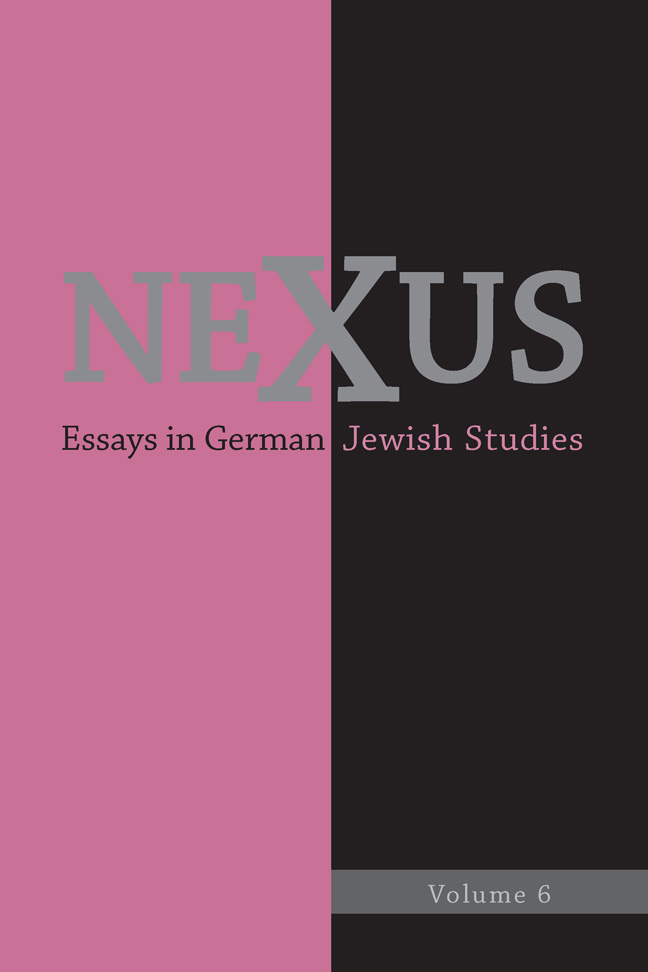Salomon Maimon's “History of His Philosophical Authorship in Dialogues”: A Primer and Translation
Published online by Cambridge University Press: 12 January 2024
Summary
This essay introduces a translation of Salomon Maimon's posthumously published “History of His Philosophical Authorship in Dialogues.” It reviews Maimon's importance as a historical figure, provides further context on this wrongly neglected piece, and then discusses several of its most interesting features. The translation follows.
For Ada Rapaport-Albert (1945–2020)Salomon Maimon (1753–1800) was likely the most radical philosopher to enter the orbit of the Jewish Enlightenment movement, or haskalah. In fact, he remains one of the most challenging and original Jewish thinkers of the modern era.
Maimon authored the first modern Jewish autobiography, published in 1792–93. Since then, a wide range of thinkers and writers—including Heinrich Heine, George Eliot, and Chaim Potok—have carefully studied this definitive text. Through it and other work, Maimon also shaped the philosophical movement following Immanuel Kant known as German Idealism (which might, without too much hyperbole, perhaps better be called German Jewish Idealism, given the importance of Maimon's as well as Benedict Spinoza's thought, and more—including apparently kabbalah). Thus, Johann Gottlieb Fichte, one of the movement's more canonical figures, already noted Maimon's significance in a 1795 letter: “My respect for Maimon's talents knows no bounds. I firmly believe that he has completely overturned the entire Kantian philosophy as it has been understood by everyone until now.” Nonetheless, despite all of this, Maimon led a volatile life that ended in isolation. Many of his writings continue to be neglected.
Maimon's own disappointment in his life circumstances was perfectly evident. The dedication to his Attempt at a New Logic, or Theory of Thought of 1794 reads, “For the erudite and professional gentlemen reviewers [Den Hochgelahrten Herren Recensenten von Profession]” (GW V 3), and Maimon immediately clarifies this locution in a footnote. After emphasizing that he hopes he does not offend any other gentlemen reviewers, he claims that he has his reasons for excluding them here. Alas, whether or not those readers Maimon wished to avoid held back from commenting publicly on his Logic, this opening to one of his major works shows how unimpressed he was with the contemporary reception of his thought. Presumably, Maimon's (by all appearances) staged interview with a critic in his “History of His Philosophical Authorship in Dialogues”—translated into English below for the first time—is likewise a result of such frustration.
- Type
- Chapter
- Information
- NexusEssays in German Jewish Studies, pp. 191 - 216Publisher: Boydell & BrewerPrint publication year: 2023



